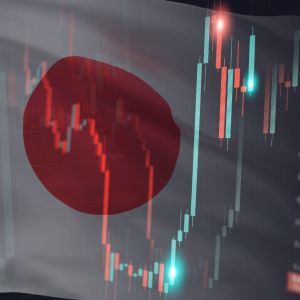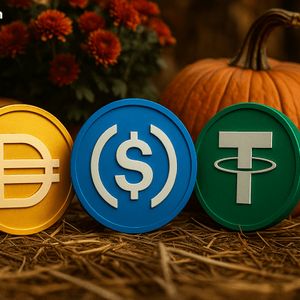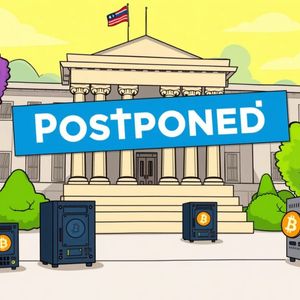A fact sheet issued by the U.S. and Japan on Tuesday revealed that around 20 companies from both countries have expressed interest in projects that are part of Japan’s $550 billion investment package. SoftBank Group, Westinghouse, and Hitachi are among the firms interested, which are worth around $400 billion. The $550 billion investment package was part of a trade deal that Japan agreed to with the U.S. in September amid the heightened trade war. Tokyo announced that the investment package would comprise equity, loans, and loan guarantees from the state-owned Japan Bank for International Cooperation (JBIC) and Nippon Export and Investment Insurance (NEXI). Westinghouse, GE Vernova, and Hitachi plan to build modular reactors Thanks to Japanese Minister of State for Economic & Fiscal Policy Akazawa, Ambassador to the United States Yamada and the entire Japanese delegation for their partnership in reaching this historic agreement. With this deal, Japan will provide President Trump with $550 billion… pic.twitter.com/QciyN9S2qK — Howard Lutnick (@howardlutnick) September 5, 2025 Japan’s finance ministry stated in September that JBIC will provide financial support for overseas expansions by Japanese firms focused on the country’s economic security. The ministry also confirmed that it has revised regulations on financial institutions, which allows it to expand the scope of its investment in developed countries. According to the fact sheet, Westinghouse plans to build pressurized water reactors and small modular reactors in projects worth up to $100 billion. The firm’s initiative will involve Japanese suppliers like Mitsubishi Heavy Industries, Toshiba, and IHI. The factsheet also revealed that a consortium, which includes GE Vernova and Hitachi, is considering the construction of small modular reactors. SoftBank is also considering investing in a $25 billion project to develop large-scale power infrastructure. Carrier also hinted that it could supply thermal cooling systems to power infrastructure. Panasonic is expected to build energy storage systems. Commerce Secretary Howard Lutnick disclosed last month that Washington would initially split profits equally on projects funded through the investment package. He revealed that once Tokyo earns back its full investment, the U.S. will shift to receiving 90%, while Japan will take the remaining 10%. The U.S. official also acknowledged that an investment committee will oversee the investment and suggest which projects to fund. Japan’s Prime Minister wants to strengthen the Japan-U.S. alliance Tokyo’s Finance Minister, Satsuki Katayama, revealed on Tuesday that the country will disclose the detailed plan of its investment package in the U.S. Katayama also acknowledged that he had established a good relationship with Japan’s Prime Minister Sanae Takaichi during the meeting. “I just finished a phone call with President Trump. I conveyed to him that strengthening the Japan-U.S. Alliance is the top priority for my administration’s foreign and security policy. We confirmed our shared commitment to further elevating the Alliance to new heights.” – Sanae Tikaichi , Prime Minister of Japan. Lutnick mentioned on Monday that Japan’s investment package would focus on areas such as power and pipelines. He argued that those areas are fundamental to the U.S.’s national security and have virtually no risk. He also confirmed in an interview with the Nikkei Business Daily that 10 to 12 Japanese companies involved in areas such as power supply and shipbuilding are already planning to explore investment opportunities in the U.S. He revealed that the first project is expected to be identified as early as the end of 2025. Lutnick also maintained that the 15% levies on Tokyo’s semiconductors and pharmaceuticals will remain. Japan’s top trade negotiator, Ryosei Akazawa, said earlier this month that the country’s U.S. investment fund won’t affect currency markets. He acknowledged that Tokyo will operate with caution to make sure that the yen doesn’t depreciate, which might cause a surge in import prices for Japan. Akazawa also believes that Washington doesn’t care about the breakdown of the investment package, saying that it’s up to Japan to decide on the breakdown as long as the funds are available as needed. Japan’s trade negotiator previously argued that only 1-2% of the investment fund will be actual investment, with the rest coming from loans and loan guarantees. He acknowledged that he based his assessment on past projects supported by JBIC and NEXI. Sharpen your strategy with mentorship + daily ideas - 30 days free access to our trading program















